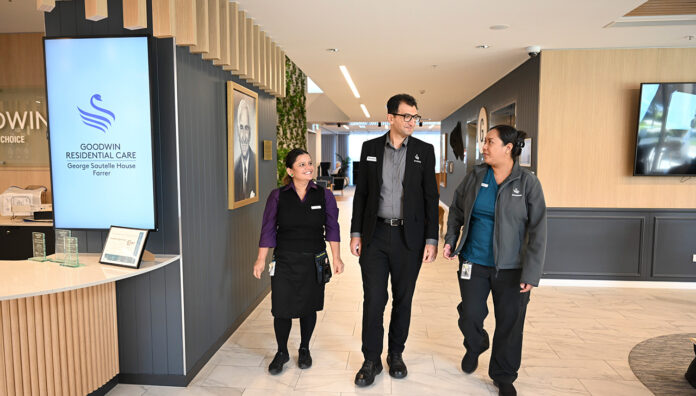The Aged Care On-Site Pharmacist (ACOP) program kicks off today (1 July 2024). To improve Quality Use of Medicines (QUM) in aged care, seven pioneering pharmacists have trained to become ‘knowledge brokers’ through the Australia-wide EMBRACE trial.
The participating pharmacists have received funding to work across 19 residential aged care facilities (RACFs) operated by four aged care providers to establish the new role, which entails implementing the latest research findings and guidelines to improve medicine safety.
Led by Monash University’s Centre for Medicine Use and Safety, the 12-month trial – which kicked off in October 2023 – involves implementing Australia’s new Clinical Practice Guideline for the Appropriate Use of Psychotropic Medications in People Living with Dementia and in Residential Aged Care.
Four knowledge brokers share their experiences of participating in the EMBRACE trial so far.
What does the role entail?
For Jennifer Bakija MPS, a credentialed pharmacist who has been involved in the provision of medicine reviews in aged care for the last 2 decades, the knowledge broker role is an extension of what pharmacists do every day, including providing counselling and information on medicines.
‘Being on-site puts us into a unique perspective to see firsthand the challenges that RACF staff face,’ she added.
Central to the role is developing strong relationships across the facility, explained community pharmacist Clare Park.
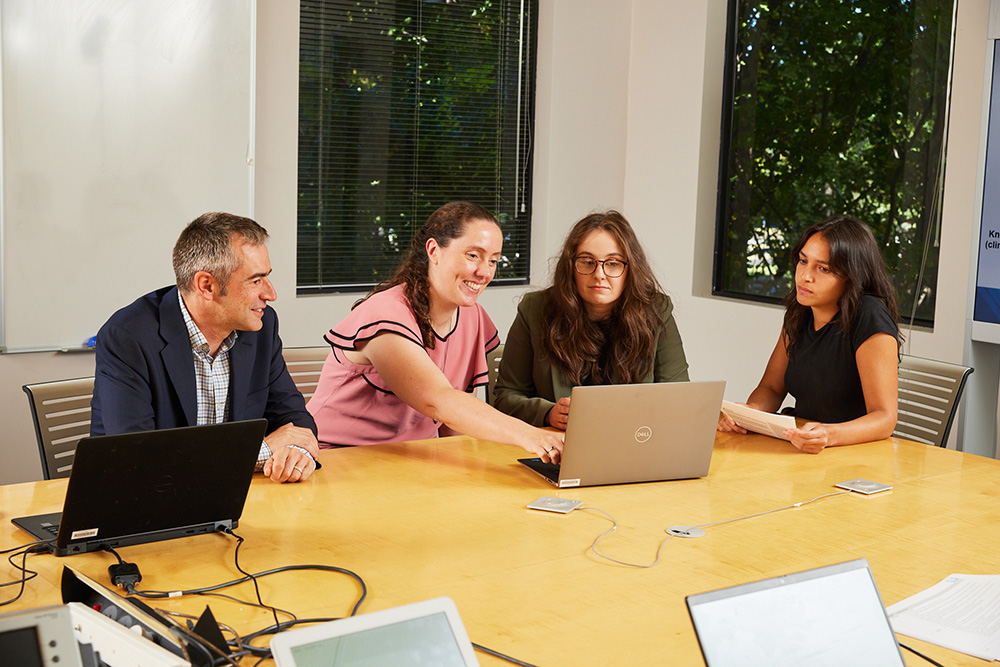 ‘We act as connecting pharmacists who develop relationships and networks with facility staff and stakeholders to improve QUM,’ she said.
‘We act as connecting pharmacists who develop relationships and networks with facility staff and stakeholders to improve QUM,’ she said.
But the main purpose of brokers is to facilitate the transfer and implementation of new information to various healthcare professionals, said on-site pharmacist Linda Ha.
‘The intent is to assist the RACF to align with current best practice guidelines and ensure the guidelines are taken up into practice,’ explained credentialed pharmacist Eva Stein MPS.
What tasks and responsibilities are involved?
To improve practice standards, knowledge brokers run staff education sessions, distribute monthly newsletters to reinforce learnings and engage with GPs, said Ms Ha.
‘We work with aged care staff to establish strategies to improve guideline adoption processes and facility concordance,’ she said.
Knowledge brokers also identify areas that need change and discuss implementation methods with management, incorporating best use of existing processes, resources, and staff, said Ms Stein.
‘I use the data and quality indicators for the site I am working with to structure activities that will lead them to achieve their targets and achieve best practice,’ said Ms Ha.
‘We also develop template forms to implement into the software system and encourage staff to use them, and attend key meetings such as MAC meetings,’ added Ms Park.
How does the knowledge broker role differ to existing pharmacist roles?
As opposed to working on an individual resident level, knowledge brokers operate at a systems level – which aligns closely with the clinical governance and QUM components of the ACOP role – to effect change within the RACF’s practices, said Ms Stein.
‘I have an RMMR background, and I am used to working at a resident level. I’ve had little interaction with management and didn’t feel embedded in the RACF team,’ she said.
‘As a knowledge broker I feel more engaged with the team and they are really enjoying having a pharmacist onboard too.’
Driving change management processes across the RACF ensures organisational compliance with new guidelines and best practices.
‘RACFs often operate under multilayered management levels, with multiple committees and subcommittees,’ said Ms Ha.
‘The knowledge broker pharmacist is able to act as a liaison between all these levels to champion appropriate QUM principles’ added Ms Bakija.
How can on-site pharmacists work as knowledge brokers?
Post-EMBRACE, there is potential for the creation of a separate funded role for on-site pharmacists in aged care.
The Monash team is developing a package of resources to support pharmacists to work as knowledge brokers, involving training on knowledge translation, using quality indicators, and developing and implementing local action plans.
For pharmacists taking on on-site roles this month, leveraging their contextual understanding and multidisciplinary relationships to drive continuous staff education, lead quality improvement initiatives and tailor strategies based on rapid feedback is a good place to start, said Ms Ha.
‘Our intimate knowledge of medicines is an important element that’s currently missing in RACF policy and procedure decision making,’ said Ms Stein. ‘Pharmacists’ unique knowledge base can be tapped into so we can take the lead when it comes to ensuring RACF compliance with medication-related guidelines and clinical care standards.’
Pharmacists will also need to develop a suite of skills and relationships to effectively engineer change.
‘You need to develop strong interpersonal and communication skills, seek opportunities to collaborate closely with various healthcare teams and understand their perspectives and challenges, experiment with different teaching methods to facilitate effective knowledge transfer, be open to feedback, and constantly refine your approaches based on the insights you gain,’ advised Ms Ha.
Getting to know the whole RACF team, what roles they fulfil and where the gaps are is integral to forming a bird’s-eye systems view, said Ms Stein.
‘Find out who is responsible for decision making, what the barriers are for each worker involved in the current processes (e.g. time, lack of education), and take time to understand the current processes in place,’ she said.
‘Be familiar with guidelines for use of medicines in the RACF setting and have a good understanding of how these should be applied,’ added Ms Bakija.
But it’s also important to consider whether the role is the right fit.
‘The role of a knowledge broker is unique and challenging,’ said Ms Park. ‘If you are interested in exploring different aspects of the pharmacy profession and enjoy developing new relationships in various areas, becoming a knowledge broker could be an excellent choice for you.’
To find out more about EMBRACE project 1 or knowledge brokers, reach out to Dr Amanda Cross: amanda.cross@monash.edu




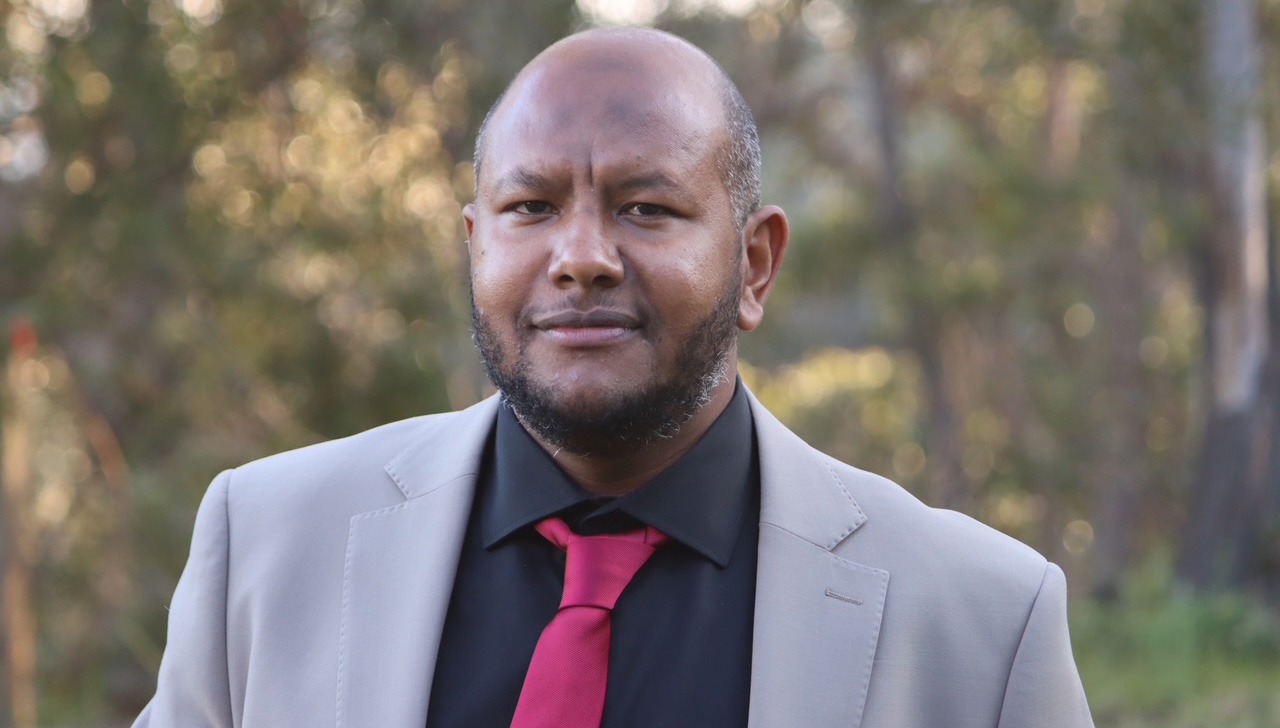 Now a PhD candidate, former Sudanese refugee and NSW Pharmacist of the Year
Now a PhD candidate, former Sudanese refugee and NSW Pharmacist of the Year 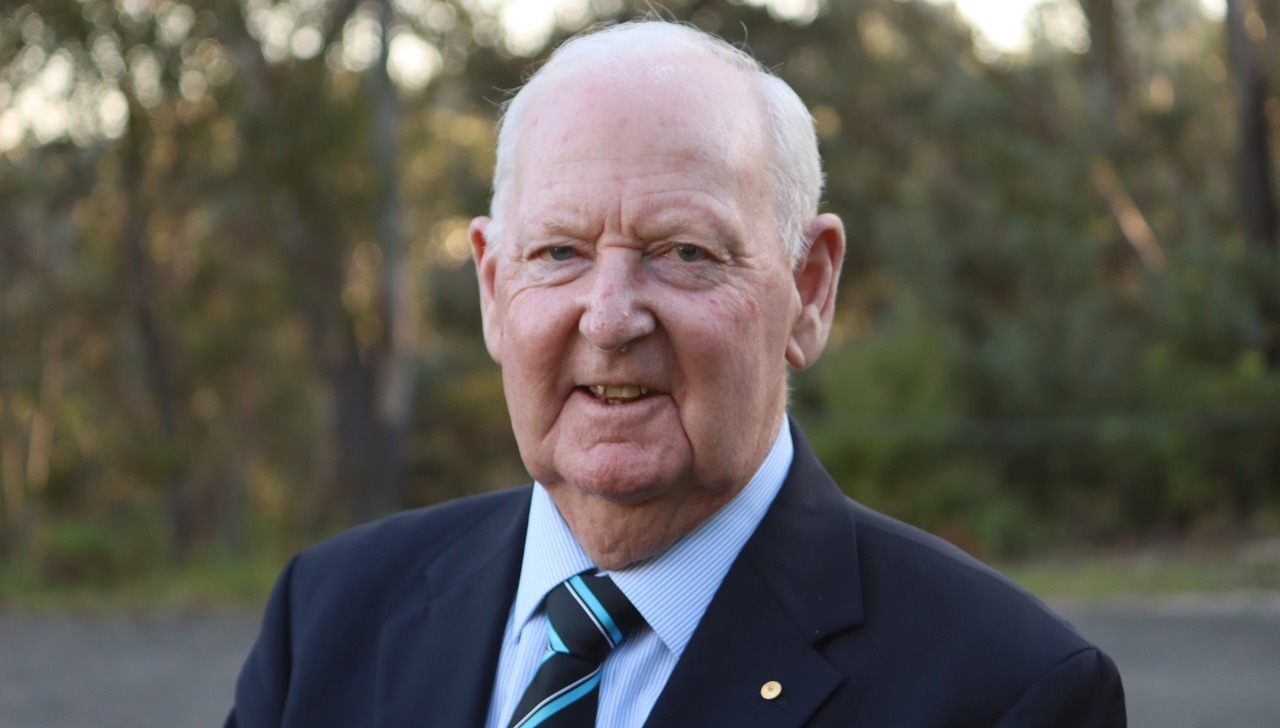 David North OAM
David North OAM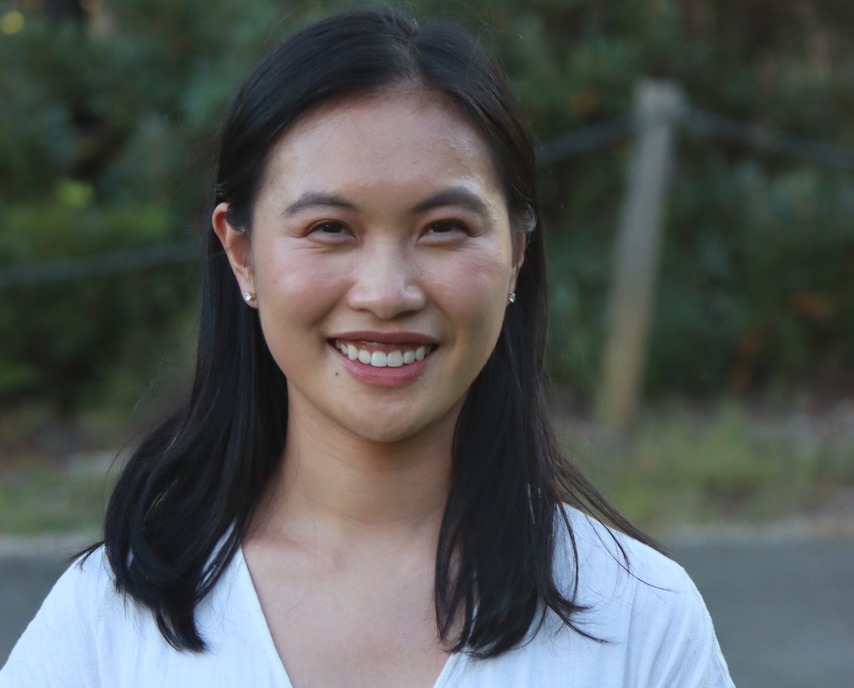 NSW Early Career Pharmacist of the Year Lily Pham
NSW Early Career Pharmacist of the Year Lily Pham


